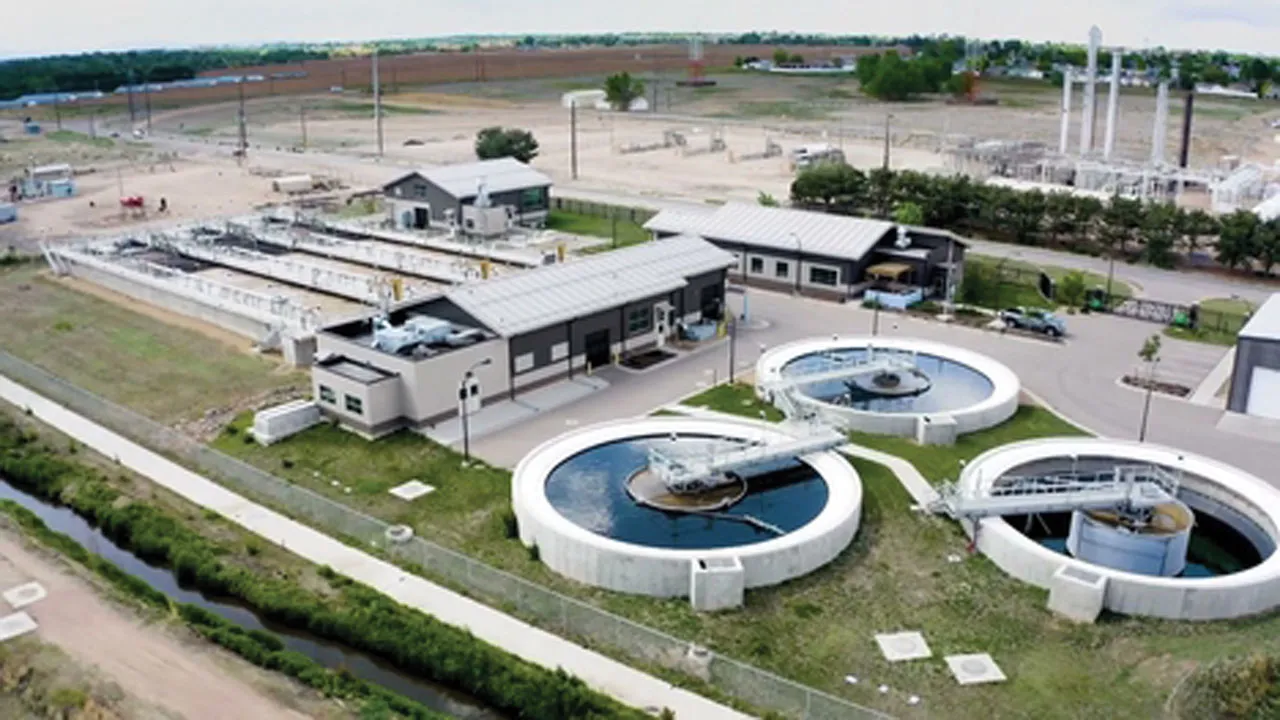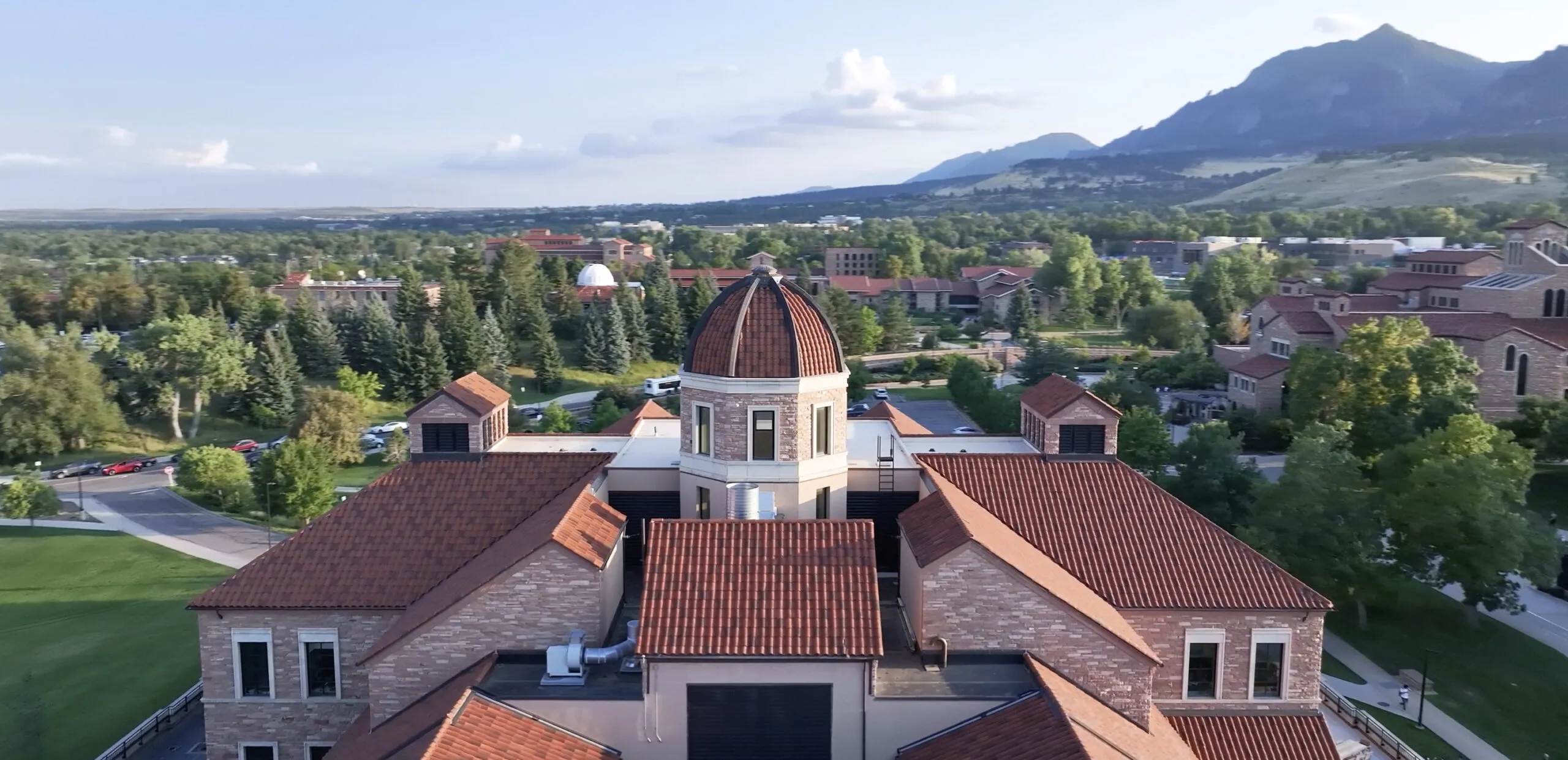CEO Roundtable: BV economy will keep growing in 2020, but growth will slow

BOULDER — Boulder County’s economy will continue to grow alongside the national economy, but rising housing costs are putting pressure on cities across the Boulder Valley.
That was the main theme from a group of economic development professionals gathered at BizWest’s Boulder Valley Economic Roundtable Wednesday afternoon.
Rich Wobbekind, executive director of business research at the University of Colorado Leeds School of Business, said while the U.S. economy is expected to slow its gross domestic product growth rate to around 2 percent this year, a recession is unlikely unless an unpredictable “black swan” event shakes consumer…
THIS ARTICLE IS FOR SUBSCRIBERS ONLY
Continue reading for less than $3 per week!
Get a month of award-winning local business news, trends and insights
Access award-winning content today!





